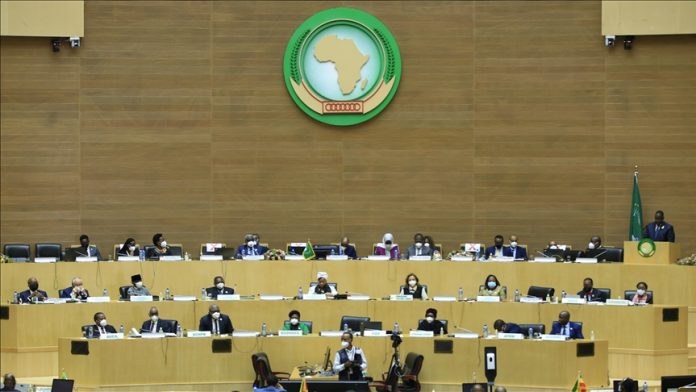On Monday, African Union ministers and officials appealed for new sources of funding to boost member countries’ contributions to the continent’s long-term development operations.
They spoke during a retreat of the African Union Executive Council in Kigali, Rwanda, about financing the African Union’s Agenda 2063 and its major projects.
The three-day ministerial retreat was held to discuss Agenda 2063’s second 10-year plan, which runs from 2024 through 2033.
“In order to make the necessary progress, we must ensure that we have the resources to carry out the programs on our agenda.” “Resource mobilization and effective resource deployment are critical,” said South Africa’s international relations and cooperation minister, Naledi Pandor.
Noting that financing has been difficult, Pandor urged for an effective domestic resource mobilization strategy as well as better usage of the private sector, which owns vast amounts of capital.
“We should attempt as members of the African Union to fund the operational budget of the Union fully and progressively move toward attaining 75% for the program budget and 25% on peace support operations,” she stated.
According to officials, the primary challenges to financing the continental agenda in the first ten years of implementation include illegal financial flows, excessive debt levels, and inefficiency of tax administrations in collecting appropriate revenue resources.
“The high cost of debt servicing is a negative for the continent, and we need to look at ways of reducing the high levels of debt,” Pandor stated.
The International Monetary Fund (IMF) estimated in 2015 that eight Sub-Saharan African countries were in debt distress or at high risk of default before Zambia defaulted in 2020.
Since then, the IMF list has grown to include 23 countries. Rich countries, multilateral banks, and bondholders owe money to African governments.
“We believe that implementing Agenda 2063 requires us to set up an effective financing framework which must ensure predictability of resources and effective public partnerships with the private sector,” Pandor stated.
The African Union’s commissioner for economic development, Albert Muchanga, stated that one of the essential factors to increasing domestic finance is to support rapid economic growth by developing key steps to create inclusive economic growth and eliminating excessive tax incentives.
According to the UN Conference on Trade and Development (UNCTAD) 2020 study, Africa loses $88.6 billion in illegal financial flows each year, equivalent to 3.7% of the continent’s GDP.
The African Union Assembly adopted Agenda 2063 of the African Union in 2015.
The agenda envisions a continent in which every nation has achieved middle-income status, is more linked and networked, is capable of resolving conflicts peacefully, and has more empowered and productive inhabitants, as well as a powerful Africa operating as an influential global player.

